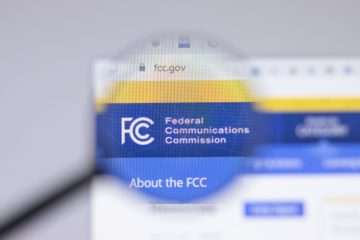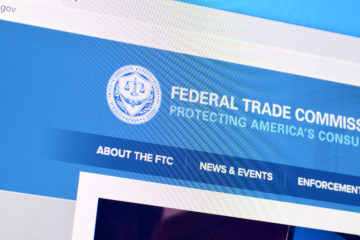In a recent article at Real Clear Markets, Charles Sauer highlights the alarming trend of misinformation and protectionism targeting DJI, the world’s leading commercial drone manufacturer. During a Homeland Security hearing on May 16, 2024, unfounded allegations were presented, aiming to restrict access to DJI drones for law enforcement, firefighters, and consumers. This move, driven by domestic competitors’ fear-mongering tactics, threatens to undermine the vital role DJI drones play in public safety and economic activity.
He writes:
“The House Committee on Homeland Security had a hearing on May 16, 2024, where misinformation and baseless allegations were used to try to justify preventing our nation’s law enforcement, firefighters and even everyday consumers from having access to the world’s most popular commercial drone. The global company, DJI, founded in Hong Kong and based in China, has become a target for protectionism, because the company produces a superior product to that of domestic competitors. This is something that is understood by the people that put their lives on the line to keep us safe, but is ignored again and again by politicians in Washington.
Congress is in the process of pushing a National Defense Authorization Act (NDAA) that may be the legislative vehicle to sneak drone bans into law. The facts are that DJI has become a backbone of a growing American drone industry. The company enables more than $116 billion in economic activity across the nation involving about 450,000 jobs, according to a 2023 estimate. The company has promoted its cybersecurity and data security practices that require a user to op-in to using DJI data storage services. Most importantly, these drones save lives. There are many stories over the past decade or so from around the country like the one about missing kids found in New Jersey, to police using a DJI drone to track down criminals in Florida.
First responders want the best tools to save lives, and they don’t care where those tools come from if they are the right ones for the job. Kyle Nordfors, a 25-year veteran of the aviation industry and first responder, wrote in RealClearDefense on May 2, 2024 that “drones produced by brands like DJI… represent the pinnacle of technology, empowering not only Search and Rescue teams like mine, but also law enforcement agencies, fire departments, and other first responders to carry out our life-saving missions.” He makes a case that the push to ban effective DJI drones “is rooted in fear-mongering tactics propagated by domestic competitors seeking to stifle their rivals through legislative means.” The bottom line is that this push is protectionism supported by arguments that play on unfounded and baseless national security concerns.
Despite this, the homeland security hearing came on the heels of Rep. Elise Stefanik (R-NY) introducing H.R. 8416, “Drones for First Responders Act.” This is a bill that limits choice for first responders and should really be named the Preventing Access to Drones for First Responders Act. The bill would hike taxes on Chinese-made drones, including DJI drones, and eventually ban all drones imported from China. Increasing taxes on drones directly hurts those who buy them, and it won’t be limited to just first responders. Everyday Americans who fly these drones for other reasons, like for research, for work or even just for fun, will be paying higher prices for their favorite drones going forward, until the government bans them in 2030.
That is not the only bill targeting DJI, and that aims to dictate what drones you can and can’t fly. Rep. Stefanik has also pushed a bill, H.R. 2864, titled the Countering CCP Drones Act that is based on the assumption that the Chinese government controls and subsidizes the company. But not only has this not been demonstrated with evidence, according to DJI, the company’s majority ownership is, beyond a small stake held by investors including a state-owned investment fund and municipal funds, largely with its founding partners. When you think about it, this arrangement is no different than American companies with investments from state backed pension funds.
Despite being based on false assumptions, the Countering CCP Drones Act empowers the Federal Communications Commission (FCC) to stop first responders, small businesses and hobbyists alike from purchasing a DJI drone by stopping the company from getting new authorizations in the United States, and even taking away existing ones. Efforts to use the National Defense Authorization Act to pass drone bans in a larger ‘must-pass’ legislation ignores the fact that the bill should focus on defense priorities.”


